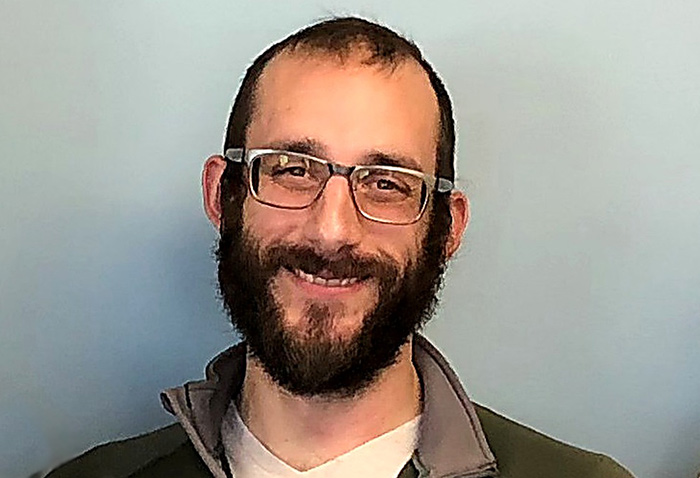Opinion: These laws are necessary
by Steve Harrison
Again, the debate returns over just how much protection LGBTQ citizens deserve. The Equality Act passed the House of Representatives some weeks ago, but faces a very uncertain future in the Senate due to extreme lack of support on the Republican side. Congress will likely pick it up in the next month or two, deciding millions of Americans’ fate. June is LGBTQ Pride Month; what a great gift passage of these new protections would be for so many Americans.
Living in Claremont the protections may seem unnecessary, maybe even redundant, as we live in a progressive state and a progressive town. That isn’t true for many gay Americans. The Equality Act “would amend existing civil rights law—including the Civil Rights Act of 1964, the Fair Housing Act, the Equal Credit Opportunity Act, the Jury Selection and Services Act, and several laws regarding employment with the federal government—to explicitly include sexual orientation and gender identity as protected characteristics.
The legislation also amends the Civil Rights Act of 1964 to prohibit discrimination in public spaces and services and federally funded programs on the basis of sex.” (congress.gov H.R.5) Why any of this should be problematic is beyond my understanding but let’s keep in mind that the Equal Rights Amendment still hasn’t passed after initial passage in Congress in 1972 and discussion for nearly a half a century. Patriarchy for many is still a default setting. Wedding cakes are still controversial.
I’ve been lucky in my life. Timing is everything. Coming of age in the seventies, the last thirty years of the twentieth century was ripe with change; fueled by the demand for equal rights, gays experienced previously unimaginable visibility and liberation, beginning with the Stonewall Riots of 1969, being taken off the list of psychological disorders by the American Psychiatric Association in 1973, and coalescing in Marriage Equality in 2015.
As a kid in the seventies, I certainly didn’t think I would ever be married. John and I got together in 1978 and have been together ever since, navigating life as all couples do, with energy spent on career advancement, buying a home, seeking out enjoyable hobbies and interests. Marriage wasn’t something either of us had ever considered, assuming that was forever in the realm of heterosexuals.
I even appreciated the role of the outlaw, my relationship being a tad more Bohemian than the rest of my middle class, buttoned-down life. When California allowed same sex marriage I was all for leaving it to others. Then Proposition 8 took gay marriage away, and suddenly I was angry. As a result, in 2010 we ended up eloping after 32 years together to Vancouver, British Columbia, an act of rebellion more than sentiment. Five years later Marriage Equality became the law of the land.
Laws are necessary; prejudice often doesn’t overcome itself. I started teaching shortly after the 1978 Briggs Initiative in California; if passed, it would have made it illegal for me to teach in public schools in our state, depriving me and dare I say several generations of students from enriching one another’s lives. Today, several of my gay former students are enjoying careers in education as out teachers and administrators. Progress can seem slow, but look at all that has changed.
As a gay couple in Claremont life has been good. There has been a hiccup here and there. In the Nineties our house was vandalized with “Fags die” written with mustard on our sidewalks and window screens. There was a silver lining when many neighbors came out and helped us clean up. On a walk ten years ago a homeowner asked us what we thought about a trim color she had just added to their home saying, “You people are so good at this.” Probably people should check themselves anytime a sentence starts, “You people. . .” It was somewhat amusing and not psyche-scarring. The Yes on Prop 8 signs hurt more, but probably no more than a Trump 2020 sign.
I’m all for making America great again. I really don’t understand why that doesn’t include making people feel welcome, protected, loved, and appreciated. As a teacher, I strived to “Do No Harm,” welcoming everyone into my classroom with a hug or high five, knowing that if my students felt safe and protected they would learn more and be more productive than if they were defensive and self conscious. It can work for America too.







0 Comments